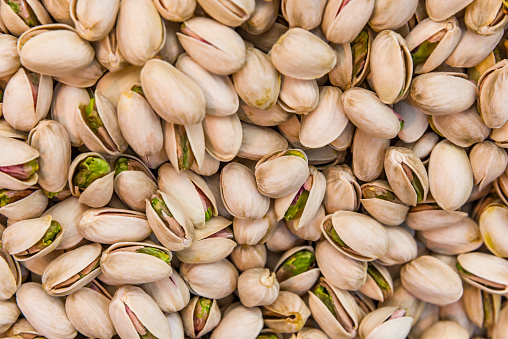



The past winter and summer season has provided all pistachio growers with an excellent reason to smile and celebrate. What would be considered an “off-year” crop cycle still managed to produced a huge volume of goods. Moreover, the demand and popularity of the ‘green nut’ also known as pistachios, is higher than ever. Not only is the demand domestic but it is also reaching international heights. At the present time, the majority of pistachios are grown along the Murray River. Moreover, approximately 20 growers are now harvesting this crop.
Looking back at the 2-year record, the industry growers are extremely confident that pistachios will continue to sell at an exponential rate. In fact, pistachios are an alternate-bearing crop, so one year they have a big crop and the next year they have a much lesser crop. This year the total Australian crop will be about 1,800 tonnes and that will be largely consumed in the domestic market. Additionally, the Loxton Research Centre is collaborating with different pistachio growers to ensure that the harvest season is fruitful.
Despite expanding the already existing orchards, growers are still not able to completely meet the growing demand for this green nut. In fact, the local demand is almost never met; about half of the nuts sold in Australia are imported. One of the main reasons for this growing demand is the awareness of health benefits. Since pistachios are extremely beneficial to one’s well being, they are being sold at a rapid rate. Moreover, they are one of the least oily nuts available in the market. Nevertheless, they contain a plethora of vitamins and minerals. As the pistachio nut has gained popularity many growers have started to expand their orchards and some new growers entered the industry, but growing nut-bearing trees does come with challenges.
Article by: Hari Yellina (Orchard Tech)